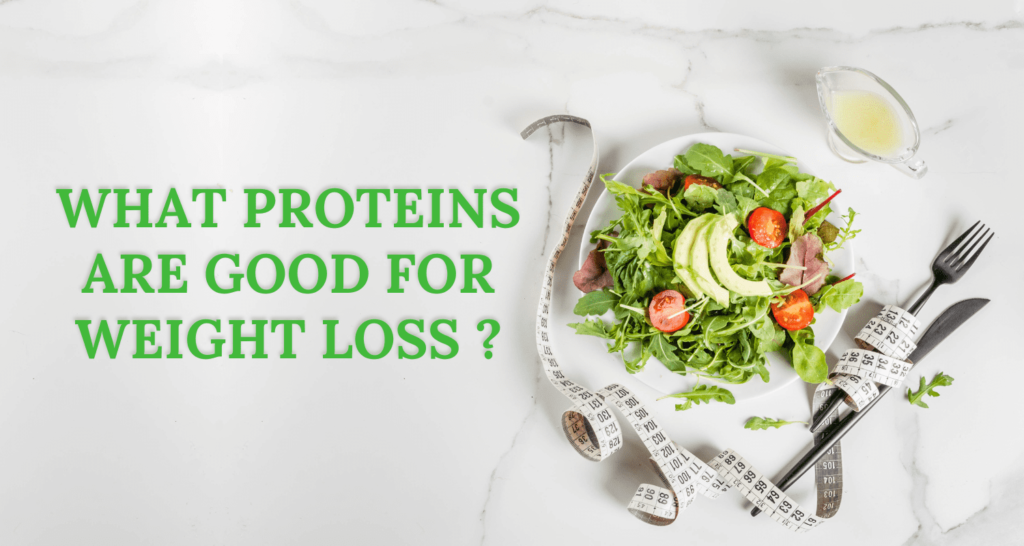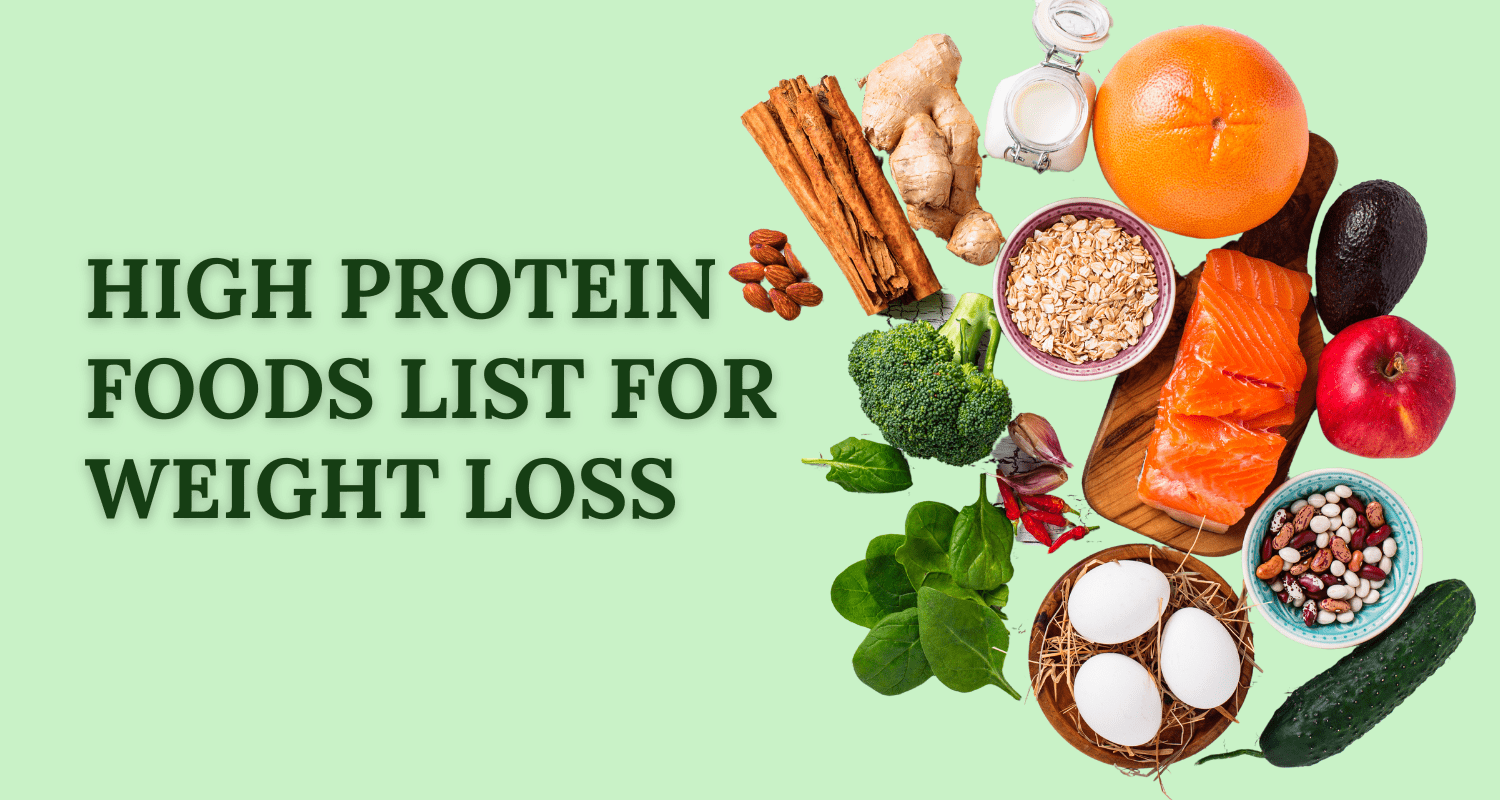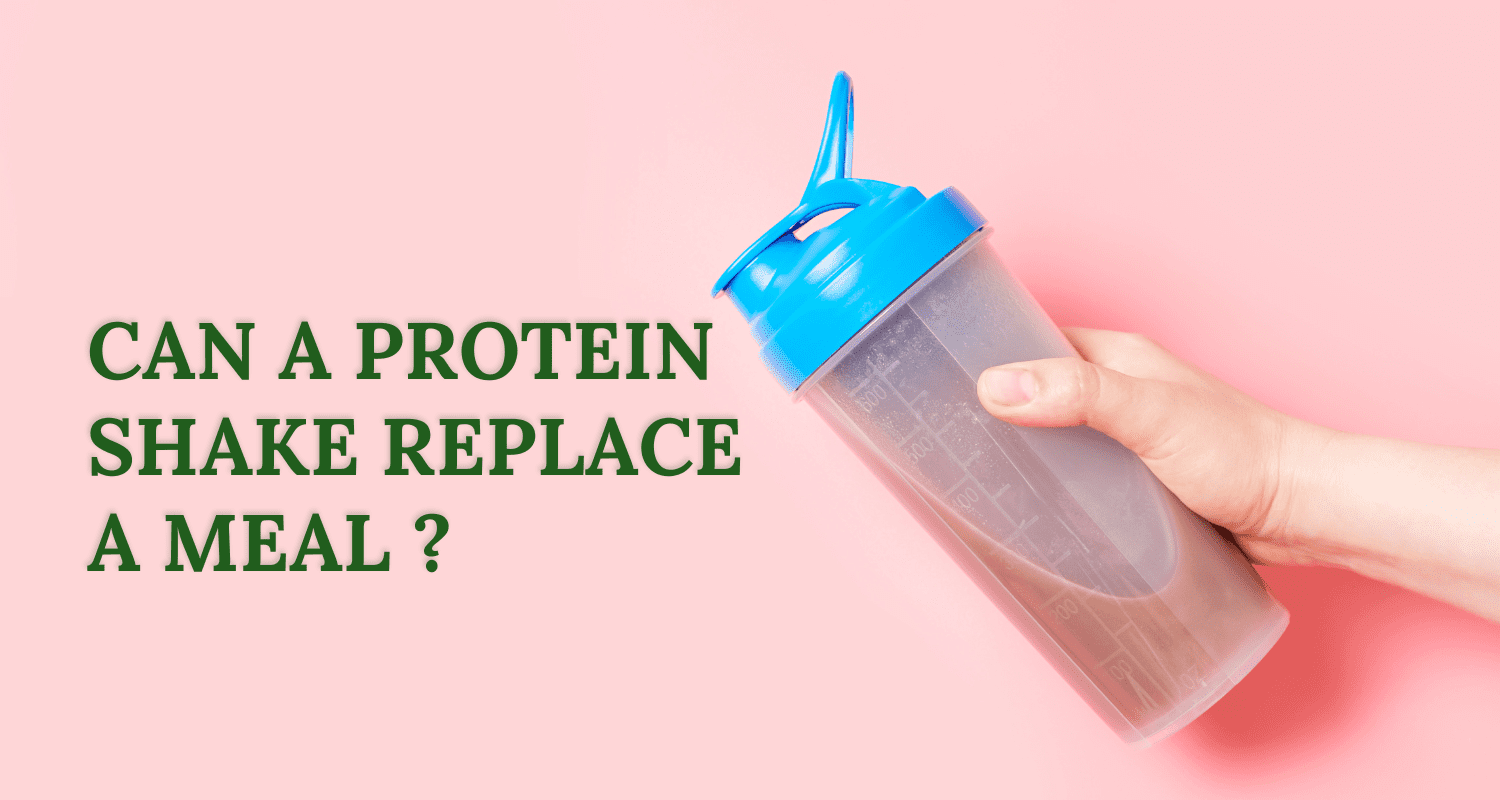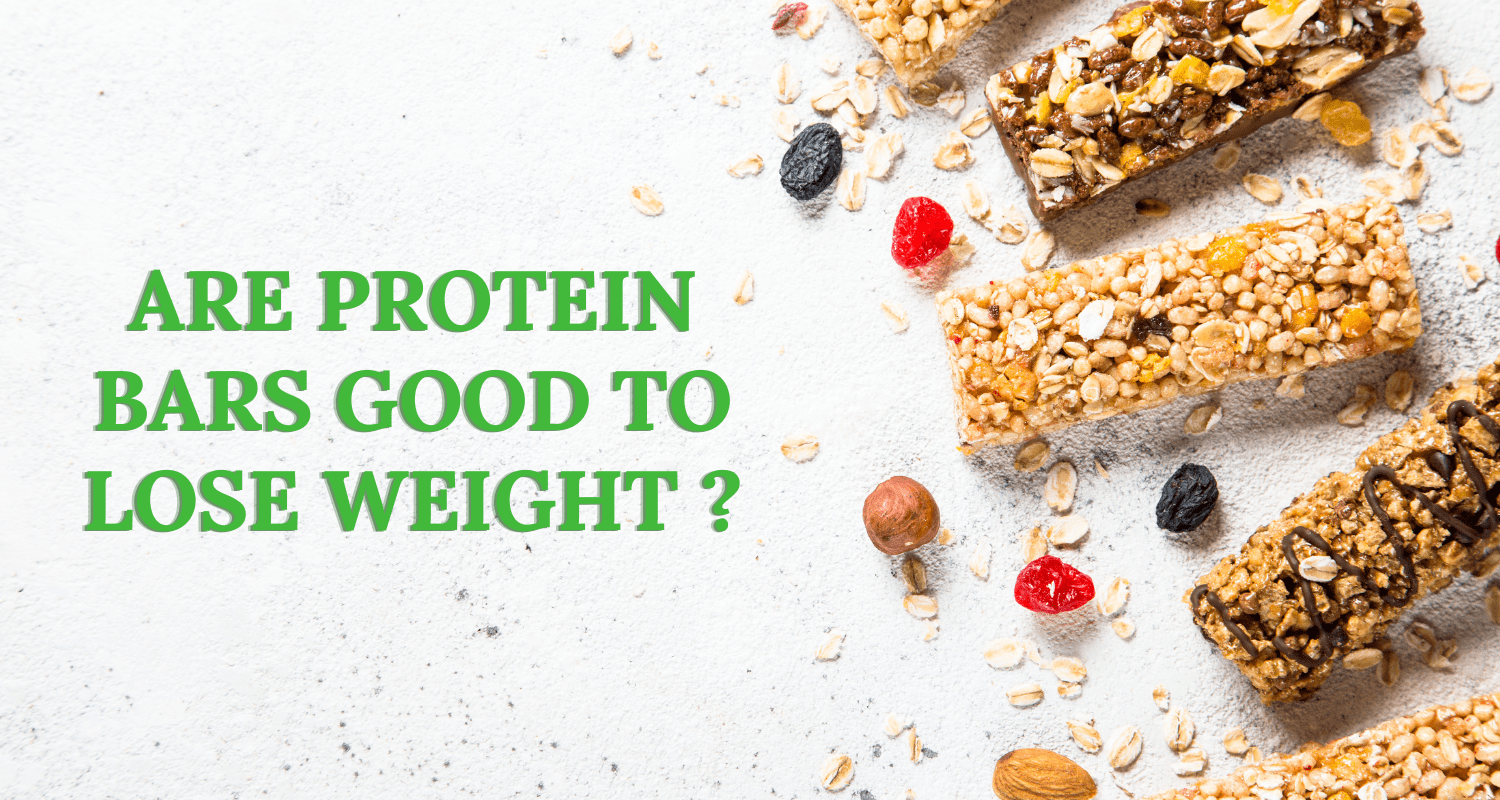Adding protein to your diet can help you shed some pounds. It does this by helping you stay full and less hungry. But with many protein choices, finding the best for losing weight can be tricky.
Choosing proteins that help with weight loss means picking those with lots of nutrients, little saturated fat, and few calories. Variety is important too. Mixing different proteins into your meals is good for your health.
So, what proteins are good for weight loss?
In this article, we’ll explore what proteins are good for weight loss. We’ll also understand why protein is important, its benefits, and the role of amino acids.
Let’s delve into what proteins are good for weight loss.
Key Takeaways:
- Protein helps with weight loss by keeping you full and reducing hunger.
- What proteins are good for weight loss? Choose proteins that are nutrient-rich and low in bad fat and calories.
- Lean meats, seafood, beans, soy, dairy, eggs, and nuts are all good protein sources for losing weight.
- Balance your protein intake with other nutrients. Variety is important for good nutrition.
- Always check with a healthcare provider or dietitian before overhauling your diet, especially with health concerns.
Why Protein Is Important for Weight Loss
Protein is key for shedding those extra pounds. It makes you feel full longer, cutting down on overeating. This helps create a calorie deficit that’s needed for losing weight.
Protein helps keep your muscles strong as you slim down. It gives your body amino acids to repair and grow muscle. This is vital because muscles support your metabolism, helping you burn calories effectively.
Protein also makes your body work harder to digest it. So, you burn more calories processing protein than other foods. This not only helps lose weight but also boosts your overall energy use.
Eating enough protein saves your muscles when you cut calories. It gives your body what it needs to keep muscles while losing fat. This is important for a healthy metabolism and to stay strong as you lose weight.
Moreover, protein is essential for making enzymes and hormones that control how fast you burn calories. Eating the right amount helps your body work better, making your diet more effective and lasting.
The Benefits of Protein for Weight Loss:
- Promotes feelings of fullness and reduces calorie intake
- Boosts metabolism and enhances fat burning
- Has a high thermic effect, increasing calorie expenditure
- Preserves lean muscle mass during weight loss
- Supports the production of metabolism-regulating enzymes and hormones
Protein is vital for a weight loss plan because it does so much. It keeps you full, helps burn fat, saves your muscles, and balances key hormones. Adding protein-rich foods to your meals helps with losing weight and staying healthy.
The Role of Amino Acids in Protein for Weight Loss
Proteins are made from amino acids, acting in several ways in our bodies. Nine essential amino acids are vital but our bodies can’t make them. They must come from what we eat. All foods from animals have these nine. Plant proteins might not have all nine, but eating a mix of proteins can give you what you need.
Amino acids are key for making muscles, fixing cells, and helping your immune system. They also affect how full and how many calories your body burns when you eat. Mixing different protein sources can make sure you get all the essential amino acids. This, in turn, can help with losing weight.
The Benefits of Lean Meats for Weight Loss
Choosing the right protein for weight loss is crucial. Lean meats like skinless chicken breast and fish are perfect. They are high in protein but low in fat, great for losing weight.
Skinless chicken breast packs about 26 grams of protein in a 3-ounce serving. Fish fillets give you 17-20 grams of protein per serving, depending on the fish type.
Adding lean meats to your diet helps in many ways. They keep you full longer, stopping overeating and snacks. This helps you reach your weight loss goals.
Lean meats also help build and maintain muscles. They’re needed for muscle repair during weight loss. This keeps your muscles strong, helping you look and feel good.
Lean meats are full of important nutrients, too. Chicken has iron and B vitamins for energy. Fatty fish like salmon have omega-3s for your heart and to help you lose weight.
When cooking, choose healthy methods like grilling or baking. This keeps lean meats healthy for weight loss by avoiding extra fat and calories.
Benefits of Lean Meats for Weight Loss:
- High in protein, aiding in feelings of fullness and reducing overeating.
- Support muscle growth and maintenance.
- Provide essential nutrients like iron and B vitamins.
- Fatty fish offer heart-healthy omega-3 fatty acids.
- Optimize cooking methods to reduce added fats and calories.
In summary, lean meats are great for losing weight. They help you stay full, support muscle growth, and give important nutrients. Eating them regularly boosts your weight loss journey and keeps your body strong.
Plant-Based Protein Options for Weight Loss
Plant-based proteins can really help with losing weight. They have fewer calories and less fat than meat options. Plus, they’re packed with essential nutrients. Some great sources include chickpeas, beans, lentils, and dry peas.
Here’s a quick look at the protein in some pulses:
- Lentils: 9 grams of protein per 1/2-cup serving
- Chickpeas: 7 grams of protein per 1/2 cup
- Dry peas: 20 grams of protein per 1/2-cup serving
These pulses don’t just offer protein. They’re also rich in folate, potassium, iron, and B vitamins. Adding them to your meals can help with weight loss and keep you healthy.
Tofu is another top pick for plant-based protein. It has 9 grams of protein in a 3-ounce serving and is low in calories. Tofu is versatile and can go in so many recipes, a great choice for losing weight.
If you want to boost gut health, try tempeh. This fermented soy product has 20 grams of protein in a 3-ounce serving. It also has probiotics that are good for your digestion.
Eating these plant-based proteins will support your weight loss. They’ll also make sure you get all the nutrients your body needs.
The Benefits of Seafood for Weight Loss
Seafood is a great choice for getting protein and losing weight. Fish like salmon, tuna, and trout are full of omega-3 fats. These fats are good for your heart. Eating seafood lowers your stroke risk.
Take salmon for example. In just 3 ounces, you get 17 grams of protein. You also get omega-3 fats, vitamin D, and selenium. Seafood fills you up, gives you key nutrients, and helps your heart.
Try to eat seafood twice a week for the best effects.
The Role of Dairy in a Protein-Rich Diet for Weight Loss
Dairy is key in a diet focused on protein for losing weight. It is full of protein for hitting weight loss targets. Using low-fat dairy can boost your protein without adding too much fat or calories.
The Benefits of Protein-Rich Dairy
Products like low-fat cottage cheese and plain yogurt are packed with nutrients. They give a lot of protein too. For instance, half a cup of cottage cheese has about 12.4 grams of protein.
The same amount of yogurt and milk has 6 grams each. These foods are great for upping protein without adding loads of calories.
Calcium for Bone Health
Dairy also gives you calcium, which keeps your bones healthy. It’s an important part of working to lose weight. Having enough calcium helps your bones stay strong. It might also help with managing your weight.
Low-Fat Options for Weight Loss
For losing weight, pick low-fat dairy. It’s as good for protein but has fewer calories and saturated fat. Choosing low-fat dairy helps you lower your calorie intake. You still get the protein benefits.
Incorporating Dairy into Your Diet
There are many ways to add protein-rich dairy to your meals. You might have low-fat cottage cheese on its own or in other dishes. Low-fat yogurt can go with fruit or serve as the base for various foods. Use low-fat milk in your cereal or in making smoothies or oatmeal.
In short, dairy items like low-fat cottage cheese, yogurt, and milk are excellent for getting protein even as you cut calories. They offer what you need for good health and for losing weight. Adding these products to your diet aids in getting enough protein, keeps bones strong, and helps with losing weight.
The Benefits of Eggs for Weight Loss
Eggs are a powerhouse of nutrition, with richness in protein, perfect for anyone on a weight loss journey. They’re super versatile in meal prep, which helps meet your weight loss targets easily.
High Protein Content
With around 6 grams of protein in each, eggs boast a high protein content. This is great for those wanting to up their protein intake to shed pounds. It also helps you feel full longer and aids in muscle building.
Nutrient-Rich Profile
Besides protein, eggs are packed with vital nutrients for health and weight maintenance. They’re a natural source of vitamin D for strong bones and a healthy immune system. Plus, they’re rich in vitamin B12, crucial for blood cell production and proper nerve function. Choline in eggs is essential for brain health and growth.
Versatility in Preparation
Eggs offer endless preparation options, from simple boiled or scrambled additions to meals to main ingredients in snacks or dishes like stir-fries and salads. Their use in a variety of recipes helps keep a weight loss diet interesting.
Suitable for Vegetarian Diets
For vegetarians, eggs are a key protein source due to their complete amino acid profile. They provide a protein option that doesn’t involve meat or fish, making meals balanced and satisfying.
When adding eggs to your diet for weight loss, watching portion sizes and cooking methods is vital. Use cooking oil and butter sparingly to keep calories in check. Combine your eggs with veggies and whole grains to boost nutrition and support your weight loss and health goals.
In conclusion, eggs are not just healthy and packed with protein; they’re great for anyone looking to lose weight. Their rich nutritional content, combined with being easy to prepare and fit for vegetarian lifestyles, makes them a top choice for those on a diet.
The Benefits of Nuts and Seeds for Weight Loss
Nuts and seeds are packed with more than healthy fats. They are also rich in protein. Different nuts have varying protein amounts. For example, almonds and pistachios have about 6 grams of protein in a 1-ounce serving.
Adding nuts and seeds to your meals is great for losing weight. This is because they make you feel full and they’re full of nutrients.
A study found eating almonds may lower how much you eat each day. Research also shows pistachios can be especially helpful for weight loss when part of a diet that counts calories.
When picking nuts and seeds, choose unsalted or lightly salted ones to cut down on sodium. They are a great snack or can be used in recipes for more nutrition and taste. Try adding a mix of nuts and seeds like walnuts, chia seeds, and pumpkin seeds to what you eat. This way, you’ll get a wider variety of nutrients.
Protein Powder and Its Role in Weight Loss
Protein powder, especially whey protein, is loved by those wanting to boost muscle and strength. It comes from milk proteins and is an easy way to get more protein in your meals.
When picking a protein powder, check the nutrition label. This lets you know the protein amount. It’s good for losing weight since it’s high in protein but low in calories and sugars.
Protein powder is handy because you can use it in many ways. Add it to smoothies, oats, or baking to up your protein and meet your weight loss aims.
But, you should choose powders with little sugar and sweeteners for the best results. Look at the ingredients and go for natural, less processed options.
Conclusion
In conclusion, what proteins are good for weight loss, adding protein-rich foods to your meals could aid in losing weight. These foods don’t just offer key nutrients. They also keep you full longer, help burn calories, and foster strong muscles.
It’s vital to pick proteins that are low in fat and calories for your weight loss journey. You’ve got plenty of choices. Options like lean meats (think chicken without the skin) and fish bring lots of protein, plus they’re packed with good stuff for your body.
Vegetarians and vegans will find plenty of plant-based proteins like chickpeas, lentils, and tofu. These are perfect for those not eating meat. Low-fat cottage cheese or plain yogurt is good, too. Including these in your diet is simple and beneficial.
Eggs, nuts, seeds, and protein powders are also excellent for those aiming to shed pounds. When it comes to food, aim for a mix that includes different macronutrients. This ensures your body gets all it needs.
Seeking advice from a healthcare pro or a dietitian can really help on what proteins are good for weight loss. They’ll make sure any changes you make suit your needs. Getting personalized pointers makes a big difference in reaching your health goals.
FAQs
What proteins are good for weight loss?
Lean proteins like chicken breast, fish, tofu, and Greek yogurt are excellent choices for weight loss due to their high protein content and low fat.
What protein should I eat for weight loss?
Opt for proteins low in saturated fats and calories, such as skinless poultry, legumes, and lean cuts of beef or pork.
Which my protein is best for weight loss?
Whey protein isolate is often recommended for weight loss due to its high protein content and low calorie and fat content.
Which protein is best for belly fat?
Proteins like fish, eggs, and lean meats can aid in reducing belly fat when part of a balanced diet and combined with regular exercise.
Which protein shakes are best for weight loss?
Protein shakes made with whey protein isolate, pea protein, or soy protein are great options for aiding weight loss when used as meal replacements or snacks.
What is the best weight loss drink?
Green tea, black coffee, and water are excellent weight loss drinks as they are low in calories and can boost metabolism.
Can I increase protein to lose weight?
Yes, increasing protein intake can help with weight loss by promoting feelings of fullness, boosting metabolism, and preserving muscle mass. However, it’s essential to maintain a balanced diet overall.
Disclaimer: This content, including advice, provides generic information only. It is not a substitute for a qualified medical opinion. Always consult a specialist or your doctor for more information. Nutrition Cult does not claim responsibility for this information.




